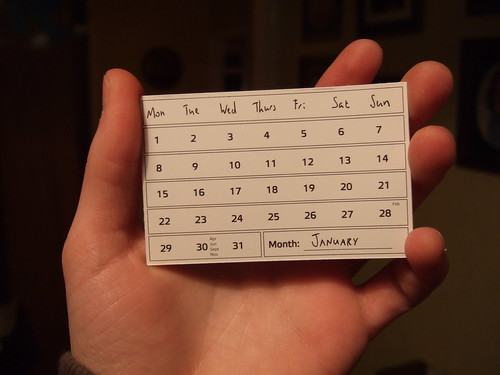6: What was “worth the wait”? #LifeWideLearning16 @MrChase
— Ben Wilkoff (@bhwilkoff) January 6, 2016
Teaching.
Just like you, I knew in 8th grade I wanted to be a teacher. It was where I started to realize the power of words and the effect playing with those words, studying them, and using them thoughtfully could build or destroy.
If you’d asked me then, I would have said something like, “Because I like English class.” Subtext.
Not knowing what a “good” teacher preparation program looked like as a high school senior, I trusted the promotional materials I’d received from Illinois State University, and handed them four years of my future.
For all of the grumbling and complaining I did along the way, I’m so very glad I did. And I’m glad it took time.
While everyone around me seemed to be lamenting the fact none of the required general education courses aligned with their intended majors, I thought it was fantastic. I learned that geology wasn’t for me and that chemistry might be (something my HS experience had eliminated as a possibility time and again). Those courses afforded me the opportunity to take courses on Islamic art and culture, and the theater of the Civil War. Both offered me perspectives I’d never anticipated and to which I’ve turned more frequently than expected in the years since.
As courses in my major began, I was deep into elements of English I’d never considered before and asked to participate in what seemed like onerous hours of classroom observations and a multitude of mini lessons.
Plan, justify, teach, reflect, repeat.
It was a pattern, but not a monotony. That reflection–public and private–is where I started to play with nascent ideas and justify why views on quality learning and teaching were different from my peers’.
From lab schools to local schools to my student placement teaching, it all felt as though my university was purposefully getting in the way of me being a teacher.
They were.
They were getting in the way of me being a teacher who found himself in the deep end with no experiences, mentors, or theoretical framework on which he could rely. They were getting in the way of me thinking the kids I went to school with growing up were going to be the same as the kids I taught in Florida or Philadelphia in the years ahead.
I was sure I was ready to teach as soon as I thought I was done learning. Luckily, those who’d come the way before were there to show me knowing I was never done with one was the ultimate preparation for the other.
This post is part of a daily conversation between Ben Wilkoff and me. Each day Ben and I post a question to each other and then respond to one another. You can follow the questions and respond via Twitter at #LifeWideLearning16.
